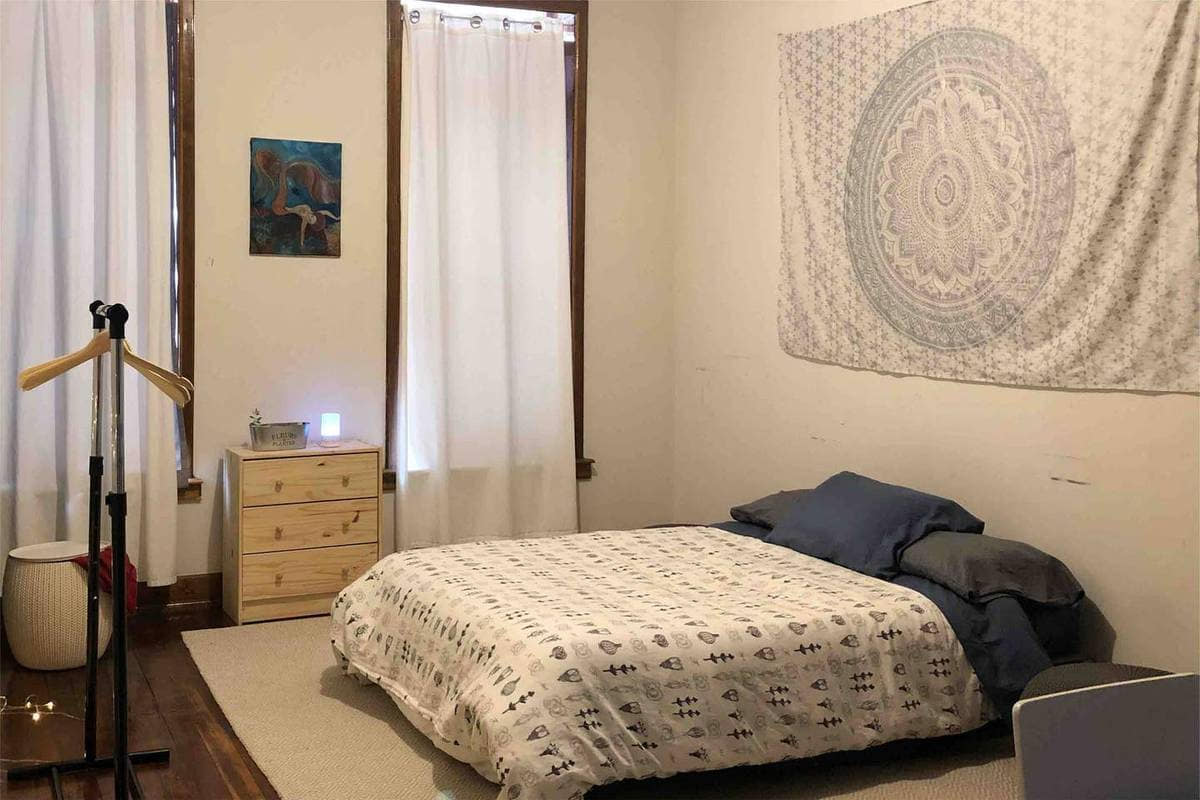Getting your car towed without cause can be frustrating and costly. As a renter, it's important to understand your rights when it comes to parking enforcement on apartment property.
In this article, we will explore whether you can take legal action against an apartment complex for improperly towing your vehicle.
Can I sue if my car was towed even though it wasn't parked illegally?
Yes, you may be able to sue an apartment complex if they towed your legally parked car. Apartment communities have the right to enforce parking rules and remove vehicles that violate those rules. However, towing a car that was not in violation of any posted signage or procedures would likely be considered unlawful.
You could potentially sue the complex for the cost of getting your vehicle back as well as other damages.
Related: Can An Apartment Complex Tow Your Car Without Notice?
What are the laws around towing from private property?

Landlords and property managers generally have fair authority to establish parking policies and enforce them through towing. However, private property towing laws aim to balance the rights of owners with protections for vehicle owners.
In most places, there are requirements for signage informing where parking is allowed as well as processes like giving written authorization before towing. Failing to follow these procedures could open the complex up to a legal challenge.
Would I have to prove the towing was intentional or malicious?
In a civil lawsuit against the apartment complex, you would not necessarily need to prove the towing was intentional or malicious. The key factors would be showing that your vehicle was legally parked according to all rules and regulations, and that the complex failed to follow required procedures before authorizing the tow. This could be enough to argue the towing was improper or unjustified regardless of intent. Proving malice might help your case but likely is not required to hold the complex responsible.
What damages could I recover through a lawsuit?
The main damages you could seek in a potential lawsuit include all costs associated with getting your vehicle back from the towing company's impound lot. This would cover fees paid for towing and storage. You may also be able to recover additional out-of-pocket costs caused by the wrongful towing such as transportation expenses.
Some jurisdictions allow for damages covering frustration or harm as well. Consult a local attorney to understand your full legal options for recovering losses.
How strong is my case if I didn't get my car back right away?
If you were unable to retrieve your car immediately after it was towed, this could strengthen your potential case against the apartment complex. Properties are required to provide towed vehicle owners a means to promptly reclaim their car.
Failure to do so, perhaps by lacking adequate after-hours access to the impound lot, could show the towing policies were not truly reasonable or unfairly punitive. Consult a lawyer to determine if "wrongful retention" arguments might apply in your location as further evidence of improper behavior.
What is the best way to collect evidence for a legal case?
Gathering compelling evidence is crucial if you plan to take legal action over an allegedly wrongful towing. Documentation like photos of your properly parked car, property parking signage, and correspondence with the complex are all important. You'll also need the towing and storage receipts.
Seeing if any security camera footage is available could help show your car was not in violation. Give notice you intend to sue and keep detailed records of all interactions - your evidence may make or break the case.
Conclusion
In summary, renters do have recourse if an apartment complex improperly authorizes the towing of a legally parked vehicle. With compelling evidence and by understanding your state's private property towing laws, you may be able to sue the property owner in small claims court or higher jurisdiction to recover costs associated with getting your car back as well as additional damages. Consulting a local attorney is advisable before taking legal action to analyze the strengths of your specific situation.





